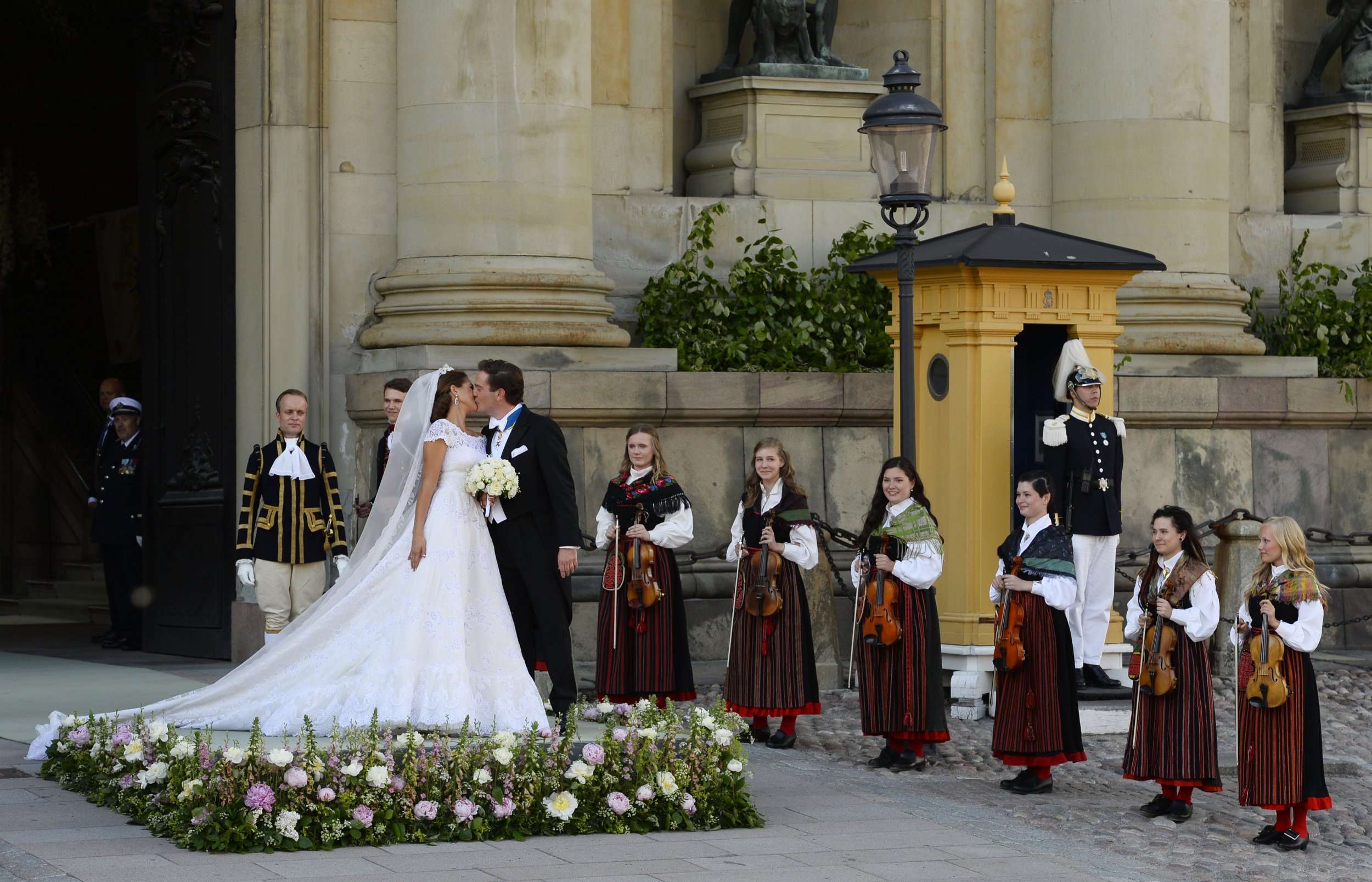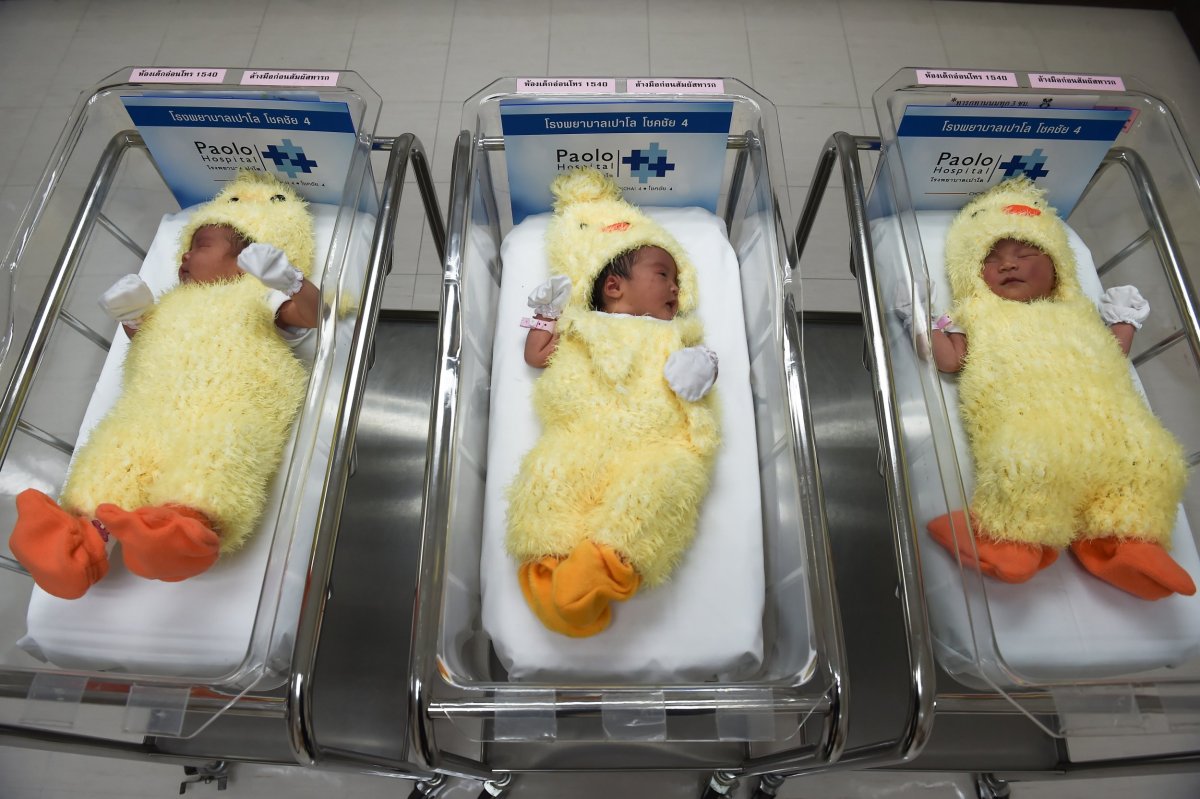
Want a big family? According to a recent study, you'd best be in love with your partner, and pick that partner yourself. According to the study, published Tuesday in Frontiers in Psychology, couples in Tanzania's Hadza tribe—hunter-gatherers who live as people did 10,000 years ago (before farming demanded remaining in one place)—those who reported high levels of commitment had the most children.
"Our study may shed new light on the meaning of love in humans' evolutionary past, especially in traditional hunter-gatherer societies in which individuals, not their parents, were responsible for partner choice," the authors wrote.
The Hadza's rare lifestyle means the findings could shed light on what makes heterosexual people more likely to reproduce. Beyond commitment, the researchers found other predictors of multiple births, some of which highlighted differences between men and women. Female tribe members who reported high levels of passion had more children; those who reported high levels of intimacy had fewer. The same patterns did not exist for the men.

These three factors—intimacy, passion and decision/commitment—make up psychologist Robert Sternberg's triangular theory of love, which claims that different styles of love are predicted by different combinations of those three factors.
Though the authors of this latest study claim theirs is the first scientific research linking love to reproduction, the Hadza have been subjects of studies before. Scientists have asked tribe members to wear heart rate trackers to track their physical activity patterns, and to donate stool samples to see how diet affects gut bacteria.
There are major caveats to the results, including the possibility that the Hadza have a different concept of love than the one found in "modern" relationships. It's also impossible to say if love or children came first; the experiment only asked people about the lives they had already lived, so the results are correlations at best.
Then there's the issue of what happens once kids are in the picture. According to the authors, "Theoretically, the number of children might influence the desire to maintain a relationship, and not vice versa, as studies in Western societies show that higher number of children is also associated with lower divorce rate."
Uncommon Knowledge
Newsweek is committed to challenging conventional wisdom and finding connections in the search for common ground.
Newsweek is committed to challenging conventional wisdom and finding connections in the search for common ground.
About the writer
Kate Sheridan is a science writer. She's previously written for STAT, Hakai Magazine, the Montreal Gazette, and other digital and ... Read more
To read how Newsweek uses AI as a newsroom tool, Click here.








